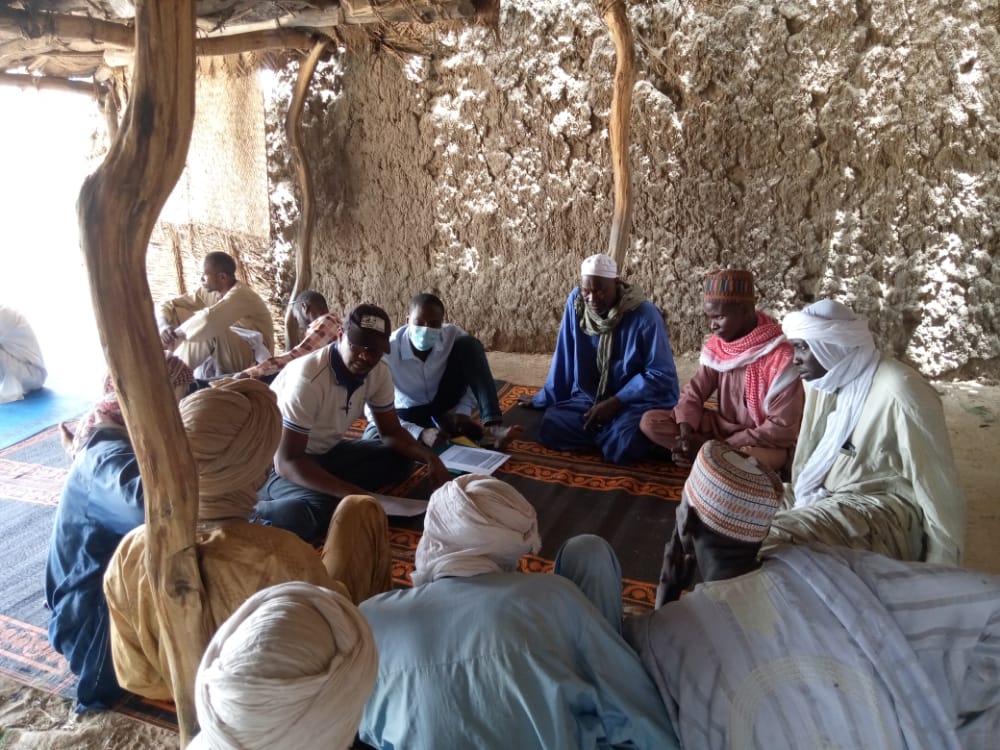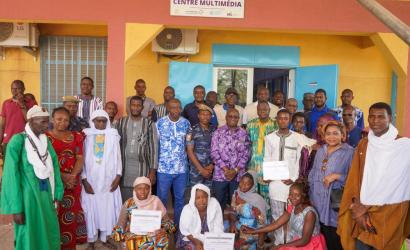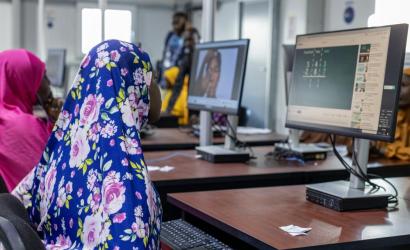Sahel: Protection Crisis
Crisis

In the Central Sahel region, where over 40 percent of the population lives below the poverty line [1], there are stark inequalities in access to basic social services, including access to information and communications technology (ICT) services. According to 2019 data from the International Telecommunication Union (ITU), only 16 percent and 5 percent of the population of Burkina Faso and Niger, respectively, use the Internet [2]. Lack of access to electricity exacerbates the digital divide, particularly in rural areas, where on average only 15 percent of the population has access to electricity [3]. Within a broader context of increasing climate change vulnerability, chronic food insecurity and intensifying violence, not being able to access information and connect to the rest of the world is leaving communities in the Sahel vulnerable and trapped in a perpetual cycle of poverty.
With the support of the Government of Luxembourg, the Emergency Telecommunications Cluster (ETC) is working to bridge the digital divide and address the information and technology gaps faced by communities in the Sahel by providing tailored ICT services which will enable them to gain access to life-saving information, connect, and develop their digital skills. These services include:
- Charging stations
- Phone booths
- Cybercafé
- Internet hotspot
In the long term, the ETC also aims to add a digital learning component to the project, with a view to building communities’ digital skills and ability to fully leverage the services offered by the ETC to improve their livelihoods and build their resilience to future shocks and stresses.



